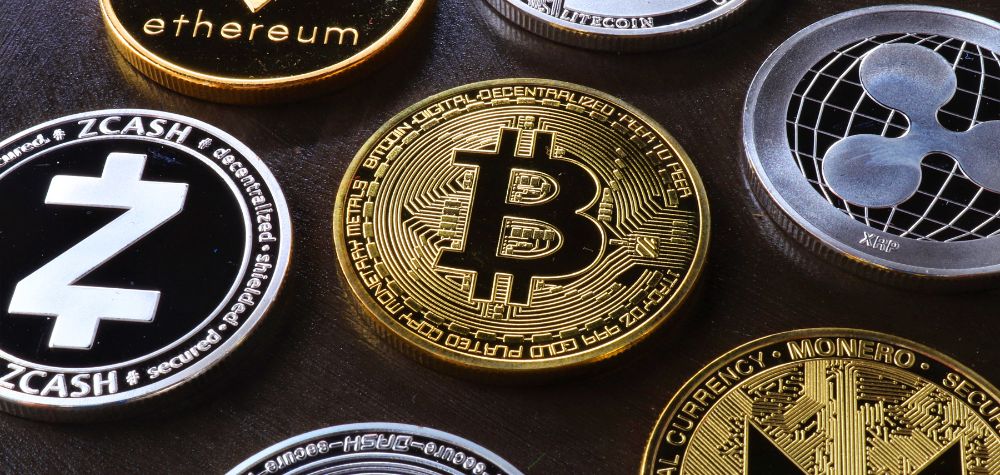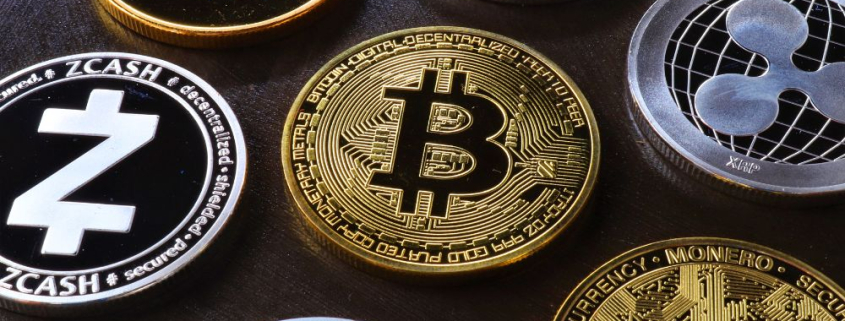Prevent Becoming A Cryptocurrency Scam Victim

Scams are everywhere, so it’s likely most people have either encountered a scam themselves or know someone who has.
A common scam that has been doing the rounds, for instance, is the ‘Hi Mum’ text, via which the scammer contacts the mark and requests money to get home or fix a phone, etc. In 2022, investment scams were a leading cause of financial loss in Australia.
Identifying A Scam
An investment scam can be identified by promises of big payouts, guaranteed returns or quick and easy money.
If you have been approached with something that sounds too good to be true, such as an investment opportunity that promises high returns for little to no risk, it’s likely to be a scam.
Cryptocurrency scams are the most popular type of investment scams, and the most common contact modes are phone, SMS and email. It is very difficult to identify legitimate cryptocurrency investments from scams. Scammers take advantage of the hype and the less regulated environment to ‘invest’ in Bitcoin or another cryptocurrency on your behalf.
Before you invest, you should ask yourself if you are willing to lose some or all of the money you have invested and know that if you go ahead, you are investing with little or no protections behind you. You should also examine the current market, and determine if the risk is worth the potential returns.
How Do I Prevent Being Scammed?
The number one way to prevent scams is by raising awareness and discussing them with your family, friends, colleagues and clients. This is because many people who experience a scam never report it to anyone – they feel ashamed they fell for a scam.
Talking about scams removes this stigma and spreads awareness. It can also help people get out of them sooner rather than later if they are already in one. Some other simple steps you can take to protect yourself and your business are:
- Never give any personal information to someone who has contacted you.
- Don’t click on hyperlinks in text/social media messages or emails, even if it appears to come from a trusted source.
- Go directly to a website through your browser. For example, to reach the MyGov website, type ‘my.gov.au’ into your browser
- Never respond to unsolicited messages and calls that ask for personal or financial details, even if they claim to be from a reputable organisation or government authority — just press delete or hang up
- Never provide a stranger remote access to your computer, even if they claim to be from a company you use.
- To verify the legitimacy of contact, find them through an independent source such as an online search or past bill.
- Hang up and verify the identity of the person contacting you by calling the relevant organisation directly — find them through an independent source such as a phone book, past bill or online search.
- Search for reviews before purchasing from unfamiliar online traders.
- Be wary of sellers requesting unusual payment methods such as upfront payment via money order, wire transfer, international funds transfer, preloaded card or electronic currency, like Bitcoin.
- Verify any request to change bank details by contacting the supplier directly using trusted contact details you have previously used.
- Consider a multi-factor approval process for transactions over a certain dollar amount.
- Keep the security on your network and devices up-to-date, and have a good firewall to protect your data.




